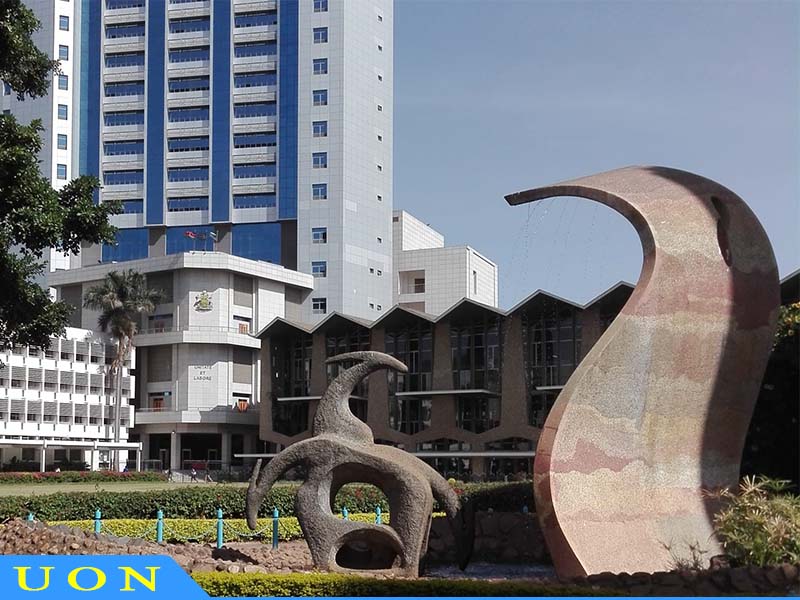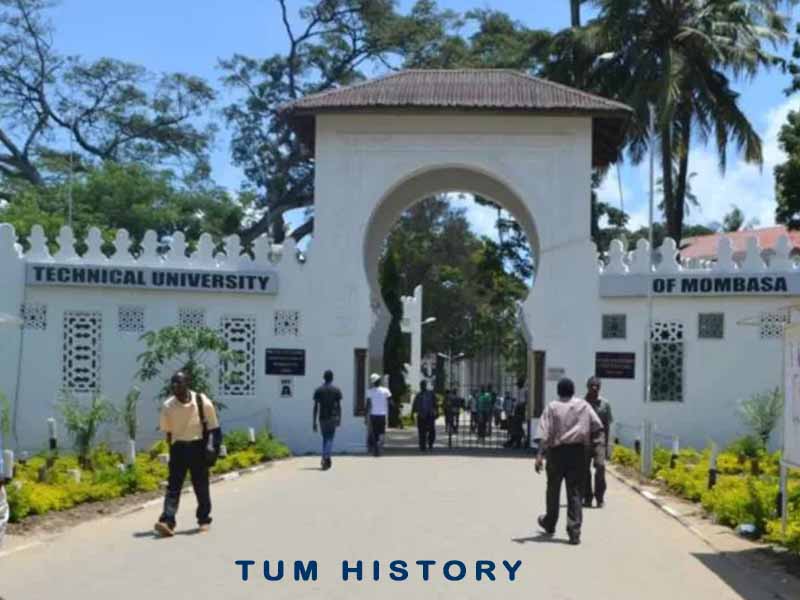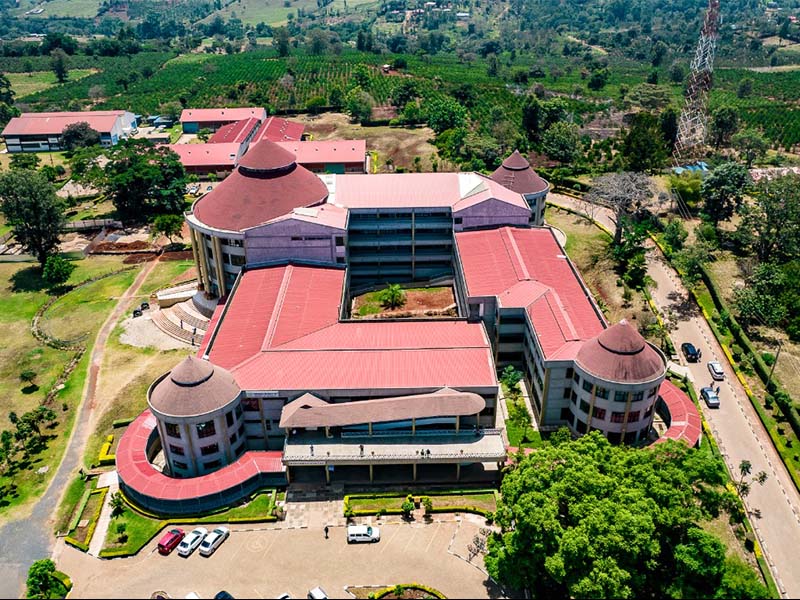The history of the University of Nairobi dates back to the mid-20th century when British colonial rule was rampant in the country. The higher learning institution continues to produce competent graduates, decades later.
Notable alumni include members Wangari Maathai, PLO Lumumba, James Mwangi, Martha Karua, and President William Ruto.
History of the University of Nairobi (UoN) since the 1950s
The University of Nairobi (UoN) is a leading institution of higher education located in Nairobi, Kenya.
Here’s a brief overview of its history:
1. Establishment of UoN in 1956
The University of Nairobi was established in 1956 as the Royal Technical College, a constituent college of the University of London.
Its main aim was to provide technical and professional education to the growing demand in East Africa.
2. Award of UoN Charter in 1970
In 1970, the Royal Technical College was granted a university charter and became the University of Nairobi.
This allowed the institution to have greater autonomy in academic and administrative matters.
3. Growth and expansion
Over the years, the University of Nairobi experienced significant growth and expansion.
It established additional faculties, departments, and institutes, broadening its academic offerings and research capabilities.
It became a leading centre for higher education and research in East Africa.
4. Political and economic roles
The University of Nairobi played a significant role in Kenya’s political history.
During the 1980s and 1990s, it was a hotbed of political activism and a centre for pro-democracy movements.
Students and faculty members participated in protests and advocacy for political reform.
5. 2005 Restructuring and colleges
In 2005, the University of Nairobi underwent a restructuring process aimed at improving governance, efficiency, and quality of education.
- It resulted in the establishment of six colleges:
- The College of Agriculture and Veterinary Sciences
- College of Architecture and Engineering
- College of Biological and Physical Sciences
- College of Education and External Studies
- College of Health Sciences
- College of Humanities and Social Sciences
6. Research and innovation
The University of Nairobi has a strong emphasis on research and innovation.
It has numerous research centres and institutes that contribute to various fields, including agriculture, health sciences, technology, and social sciences.
The institution actively collaborates with local and international partners to foster research excellence.
7. Regional and international recognition
The University of Nairobi has gained regional and international recognition for its academic achievements and research contributions.
It is consistently ranked as one of the top universities in Africa and has partnerships with renowned institutions worldwide.
Today, the University of Nairobi is a leading institution of higher learning in Kenya and the region. It offers a wide range of undergraduate and postgraduate programs, thus contributing to the development of Kenya and beyond education, research, and innovation.
I explore diverse topics with clarity to keep you informed and your businesses profitable. Besides, I am a website developer, ICT consultant, and graduate mechatronics engineer. Lets Chat on WhatsApp.





